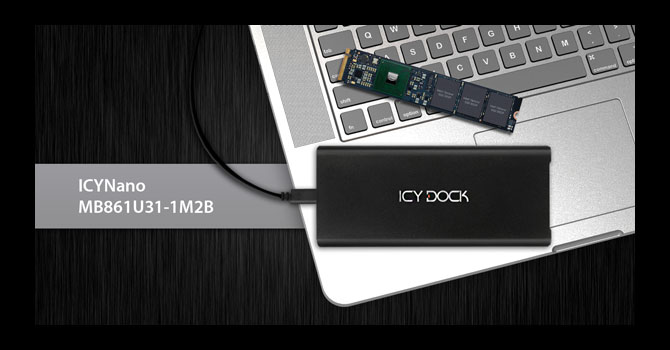I'm looking to buy a *RELIABLE* NVME-USB external adapter, that doesn't disconnect randomly, can keep up the close to 1GB/s speed.
So far all adapter's reviews contain frighteningly high % of reports of malfunction, random disconnects, sub-par speeds, falling to even under USB 2.0 speeds, etc.
There are 3 main chipsets in the market: JMicron JMS583, Asmedia ASM2362, and Realtek RTL9210 (no product has surfaced with the latter yet, so no REAL reviews, experiences yet UPDATE: it is on the market already).
Also ASUS has a new product, ROG Strix Arion, but there isn't enough feedback about it yet, and I mean real life feedback not just being able to run a few benchmarks, but real stress test to see if the device (adapter) can keep it up, without disconnecting or slowing down hard.
I would really appreciate any feedback from those who have GOOD experiences during stress-tests, like tons of random 4k writes with a stable speed, cloning 100's of GB-s at a stable high speed close to 1GB/s.
I know SSD's very well, so please stick to the point and don't start to educate me on how their speed falls after some writes, etc. I'm aware and this is NOT the point.
You can help if you can point me to a STABLE and RELIABLE NVMe-USB-C adapter that WORKS as expected.
Thank you in advance!
So far all adapter's reviews contain frighteningly high % of reports of malfunction, random disconnects, sub-par speeds, falling to even under USB 2.0 speeds, etc.
There are 3 main chipsets in the market: JMicron JMS583, Asmedia ASM2362, and Realtek RTL9210 (
Also ASUS has a new product, ROG Strix Arion, but there isn't enough feedback about it yet, and I mean real life feedback not just being able to run a few benchmarks, but real stress test to see if the device (adapter) can keep it up, without disconnecting or slowing down hard.
I would really appreciate any feedback from those who have GOOD experiences during stress-tests, like tons of random 4k writes with a stable speed, cloning 100's of GB-s at a stable high speed close to 1GB/s.
I know SSD's very well, so please stick to the point and don't start to educate me on how their speed falls after some writes, etc. I'm aware and this is NOT the point.
You can help if you can point me to a STABLE and RELIABLE NVMe-USB-C adapter that WORKS as expected.
Thank you in advance!
Last edited:


















